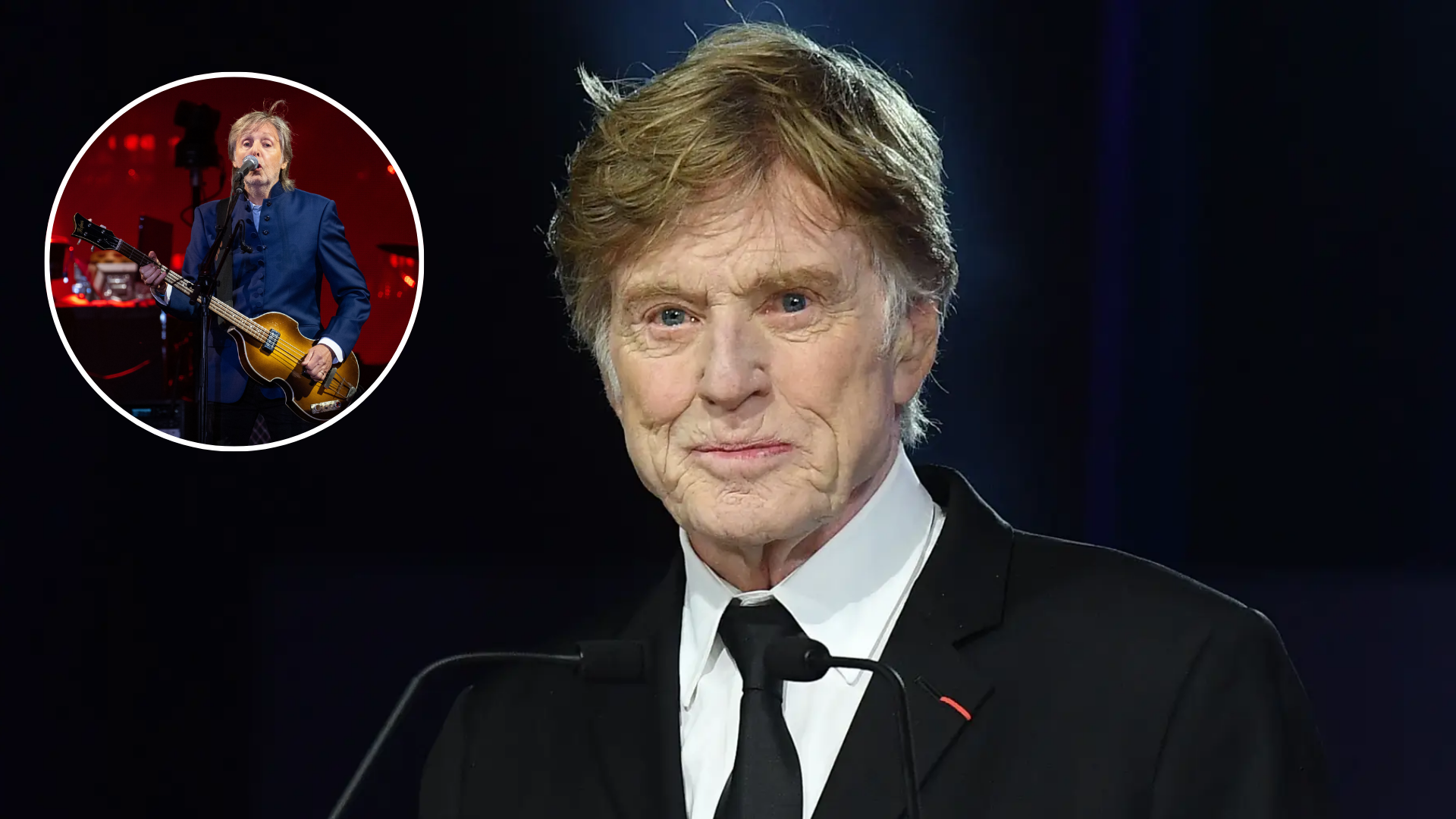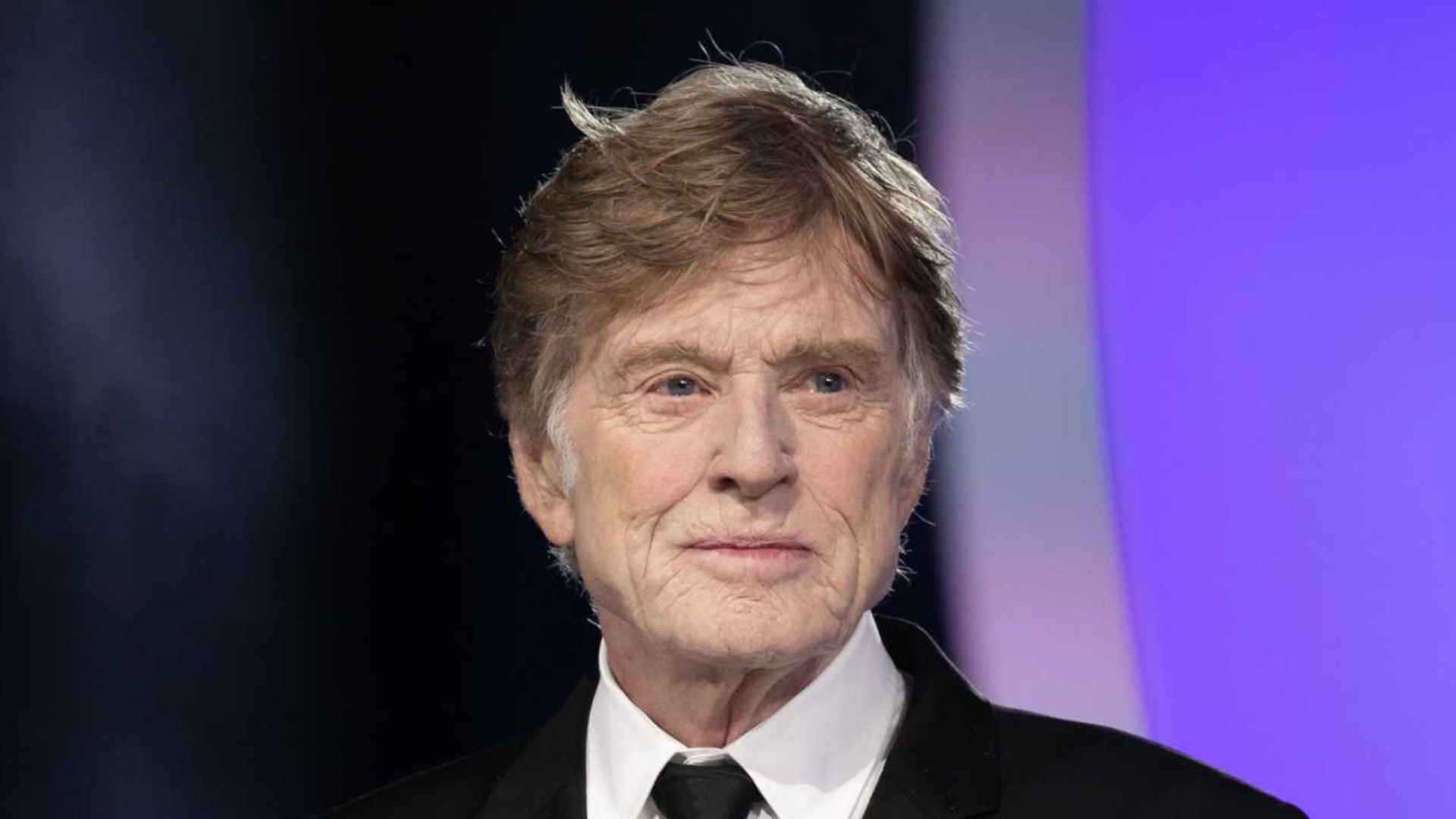
When “No More Lonely Nights” was released in 1984 as part of the soundtrack to Give My Regards to Broad Street, it quickly rose above the film itself to become one of Paul McCartney’s most enduring ballads of the decade. Romantic yet mature, it’s a song that speaks to both longing and reassurance — the belief that love can light the way through solitude.

From the very first line, Paul’s delivery is tender and direct: “I can wait another day, until I call you.” The lyric could easily feel ordinary in another singer’s hands, but McCartney breathes into it a deep sense of vulnerability, as though the words are spoken to someone he truly cannot bear to lose. When the chorus arrives — “No more lonely nights, you’re my guiding light” — it feels like both a plea and a promise.
Musically, the song is lush yet grounded. Paul’s piano forms its emotional core, while the arrangement leans into the smooth textures of the 1980s without ever overwhelming the sincerity at its heart. And then there’s the soaring guitar solo from David Gilmour of Pink Floyd — lyrical, searching, and achingly expressive. It doesn’t just decorate the track; it expands it, giving voice to emotions beyond words.
What makes “No More Lonely Nights” timeless is its universality. It acknowledges the ache of loneliness while offering the reassurance that love can break through. It isn’t dramatic or overly complex — it’s honest, melodic, and heartfelt. That honesty allows the song to resonate across generations, long after its original context as a soundtrack single has faded.
In Paul’s vast catalog, “No More Lonely Nights” stands out as one of his great post-Beatles ballads. It blends vulnerability with hope, intimacy with grandeur, and pop accessibility with emotional depth. Decades later, it remains not only a highlight of his 1980s work, but also a reminder of McCartney’s gift for transforming simple words into melodies that feel eternal.
In the end, the song is more than a love ballad. It is Paul McCartney’s assurance — to himself, to his loved ones, and to anyone listening — that no matter how long the night feels, light is always waiting to break through.